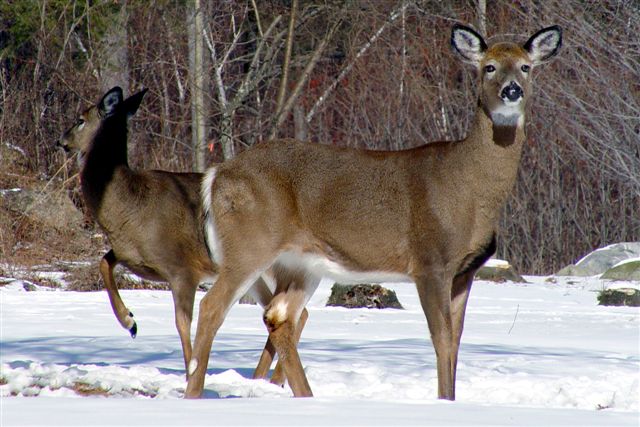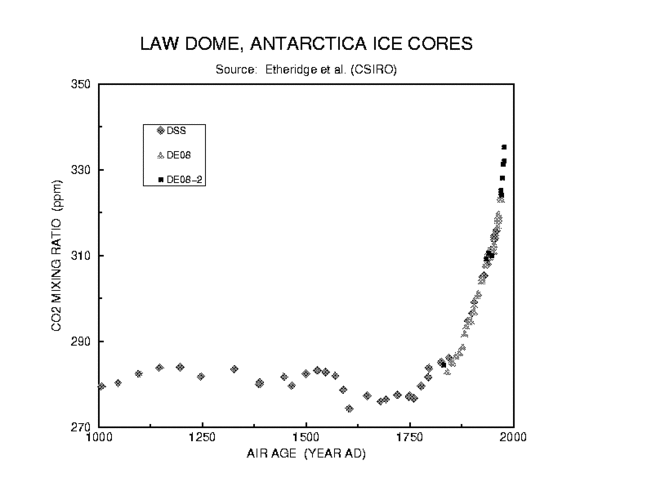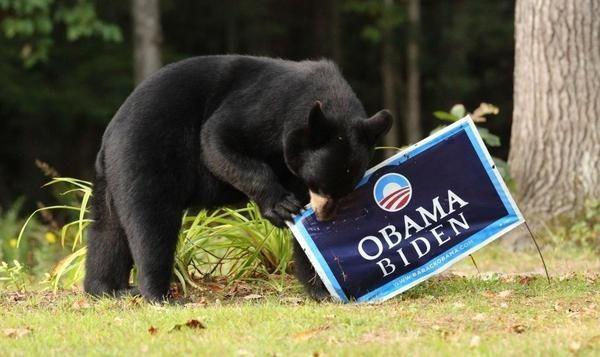The Wrack
The Wrack is the Wells Reserve blog, our collective logbook on the web.
The Wrack is the Wells Reserve blog, our collective logbook on the web.
I took a hike on a brisk November morning and was surprised to see a man in camouflage preparing to shoulder his bow beside the Muskie Trail entrance. I learned he was a hunter participating in the reserve's annual deer harvest program.
This program was initiated because of ecological problems caused by an overpopulation of deer. Because the reserve uplands are a designated state wildlife sanctuary, no hunting had been allowed for decades. The deer density in the 1990s was estimated at 100 per square mile, while a healthy "carrying capacity" is closer to 15/mi2. Locals report having seen the field along the Muskie Trail full of deer in early mornings and evenings.


The following was published in the Biddeford-Saco Journal Tribune Sunday edition, 5/24/2015.
The small bird my boys found in the backyard last weekend was olive green with an orange crown like a dirty hunter’s hat. It showed no signs of violence, but it was definitely dead. No rigor mortis, so it wasn’t a winter casualty emerged from the snow. …that’s as far as our “CSI: South Portland” investigation went before I got a shovel and buried the bird six inches under. My seven-year-old placed a cantaloupe-sized rock over the grave and we went on with our day.
It was only after going back inside that evening that I began to wonder what species of bird it had been.

The following was published in the Biddeford-Saco Journal Tribune Sunday edition, 11/2/2014.
From reports, it sounds like this year’s midterm election is a doozy, money-wise: across the country, campaigns are spending record sums marketing their candidates and causes. So I read, anyway: I do not watch broadcast TV, I have an ad blocker on my computer, and I only listen to satellite radio and MPBN. Voluntarily [and gratefully] deaf to the din from most of the marketing wars, I rarely hear about the latest advances in breakfast cereal, let alone the biannual election season onslaught.
About the only political advertising I do see are ads in newspapers (bless you, candidates, for feeding our starving print publishers), and outdoor campaign signs.